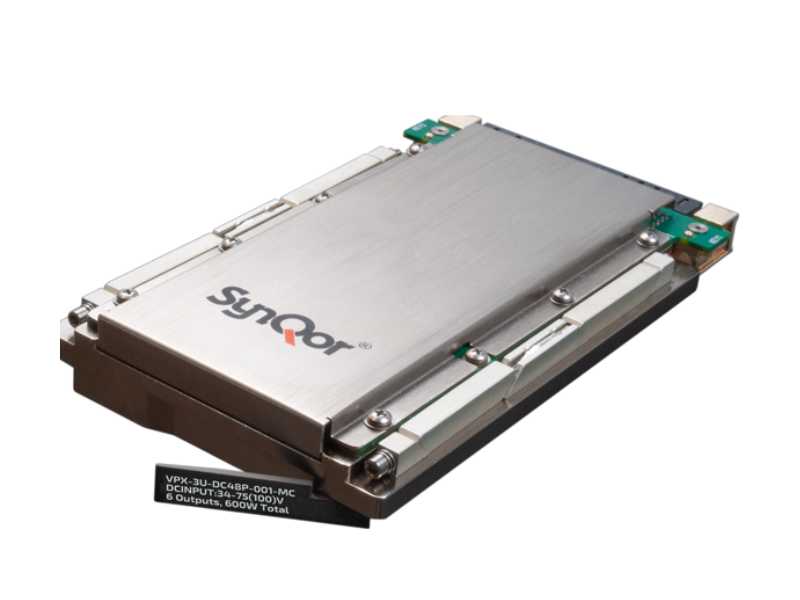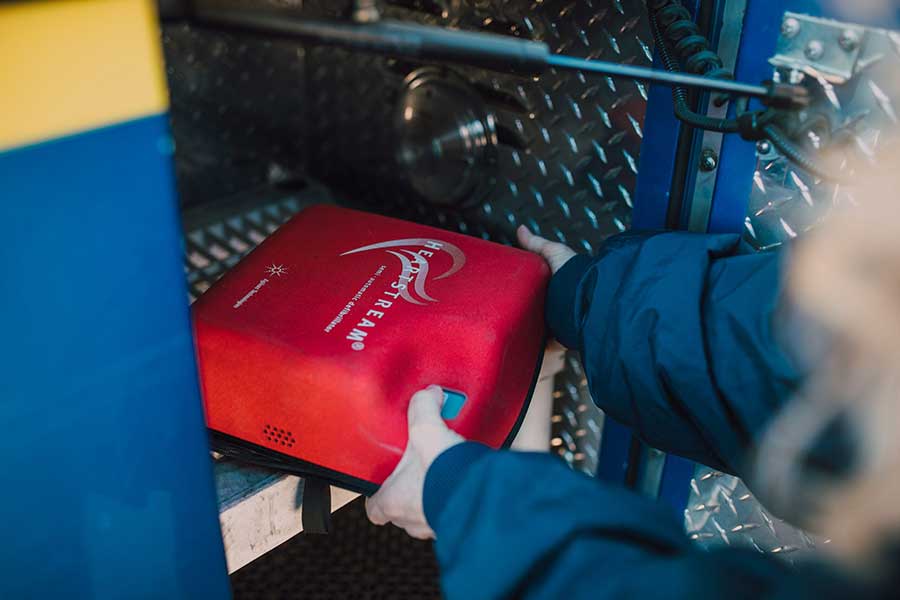There is a growing trend towards outsourcing the production of medical devices to contract manufacturers, writes Supply Chain Brain, driven by the need to speed up the product design cycle, meet rising demand, mitigate supply chain risk, and access hard-to-find electronics engineering expertise.
One of the key advantages of contract manufacturing is that it allows medical device companies to focus on their core competencies, such as research and development while leaving the manufacturing to experts in the field. Contract manufacturers have the scale, expertise, and resources to produce high-quality medical devices efficiently and cost-effectively. They can also help OEMs bring new products to market faster by providing access to the latest technologies and manufacturing processes.
The increase in contract manufacturing is also attributed to the increasing complexity of medical devices. Many modern medical devices are highly sophisticated and require specialized knowledge and expertise to manufacture. The growing skills gap within electronics engineering creates challenges for OEMs to find and hold on to skilled engineers. Contract manufacturers typically invest heavily in expertise and resources to produce these complex devices to the highest standards.
Another factor driving the trend toward contract manufacturing is the need to meet the rising demand for medical devices. The global population is aging and the prevalence of chronic diseases is increasing, both of which are leading to a growing demand for medical devices. Contract manufacturers can help OEMs meet this demand by providing them with the capacity and flexibility to scale their production up or down as needed.
Finally, contract manufacturing can help OEMs to mitigate supply chain risk. By outsourcing production to multiple contract manufacturers, OEMs can reduce their reliance on any single supplier. This can help to protect them from disruptions in the supply chain, such as those caused by natural disasters, political instability, or trade wars.
Of course, there are also some challenges associated with contract manufacturing. One of the biggest challenges is ensuring that the contract manufacturer has the necessary expertise and quality control processes in place to produce medical devices to the highest standards. OEMs need to carefully vet contract manufacturers and establish clear quality standards and communication protocols.
Another challenge is protecting intellectual property. Medical devices are often covered by patents and other intellectual property rights. OEMs need to ensure that their contract manufacturers have the necessary security measures in place to protect their intellectual property.
Overall, the trend toward contract manufacturing in the medical device industry is expected to continue. Contract manufacturing offers a number of advantages to OEMs, including the ability to focus on core competencies, speed up the product design cycle, meet rising demand, and mitigate supply chain risk. OEMs need to carefully select and manage their contract manufacturing partners to ensure that their products are manufactured to the highest standards and that their intellectual property is protected.
Thousands of senior engineers and procurement professionals subscribe to our LinkedIn Market Intel newsletter – get yours here
For more help with looking at supply chain options, contact Astute Electronics






